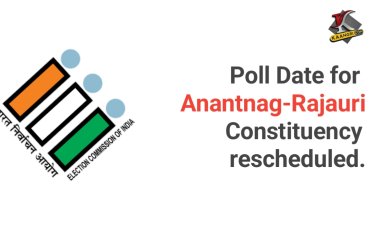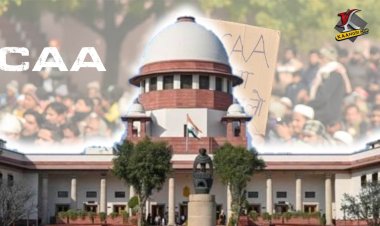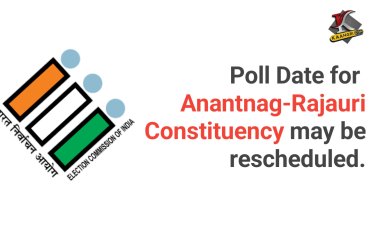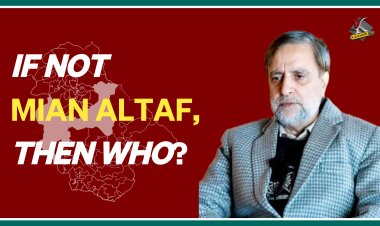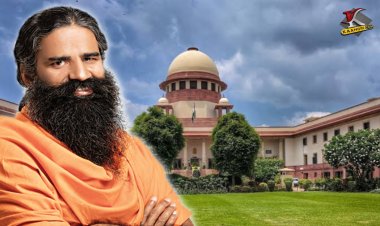Can Arvind Kejriwal Govern Delhi from Jail? Understanding the Legal and Practical Aspects
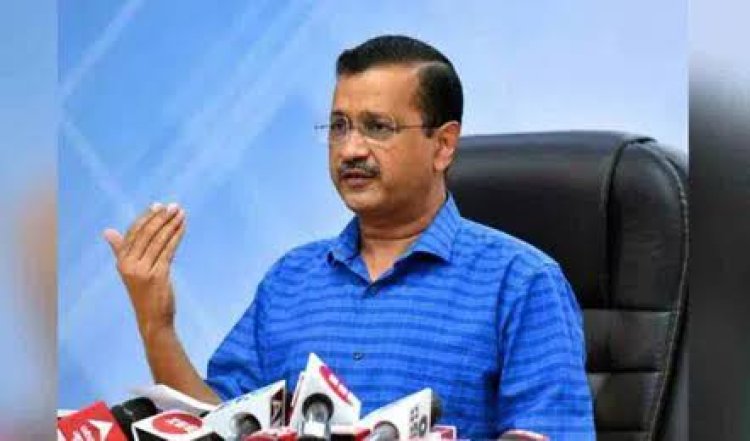
In recent developments, Delhi Chief Minister Arvind Kejriwal finds himself embroiled in controversy as he faces allegations of involvement in the Delhi excise policy scam. With his remand to the Enforcement Directorate's custody, questions arise about his ability to govern the state from behind bars.
Let's delve into the key points surrounding this contentious issue:
Legal Provisions and Possibilities:
- According to the Delhi Prison Act, 2000, provisions exist for a sitting chief minister to conduct government affairs from jail premises.
- The administration can designate a building within the jail premises for official use, granting necessary facilities for communication and administration.
Lieutenant Governor's Authority:
- Despite legal provisions, the final decision rests with the Lieutenant Governor of Delhi, Vinai Kumar Saxena.
- The Lieutenant Governor's approval is crucial for implementing such provisions, including access to communication tools like internet and phones.
Precedents and Challenges:
- Instances like Subrata Roy Sahara's case, where a complex in Tihar Jail was designated as a jail for conducting business transactions, highlight the feasibility.
- However, political dynamics and relations between the Aam Aadmi Party (AAP) and the Lieutenant Governor could pose challenges to Kejriwal's access to such facilities.
Enforcement Directorate's Scrutiny:
- Given Kejriwal's high-profile status, stringent monitoring by investigative agencies like the Enforcement Directorate is expected.
- Any privileges granted to him would be closely monitored to ensure compliance with jail regulations.
Practical Limitations and Controversies:
- Recent controversies, such as former Delhi Minister Satyendra Jain's massage video, underscore the challenges of maintaining transparency and discipline within jail premises.
- The scrutiny faced by political figures within jails heightens the reluctance of jail officials to provide preferential treatment.
Jail Norms and Visitor Protocols:
- Standard jail protocols dictate strict regulations on visitor access and interaction for prisoners.
- Special permissions are required for meetings, with restrictions on the number of visitors and time slots.
In conclusion, while legal provisions theoretically allow a chief minister to govern from jail, practical challenges and political dynamics present significant hurdles. The decision ultimately lies with the Lieutenant Governor, considering both legal frameworks and public perception. As the situation unfolds, it remains to be seen how authorities navigate this complex scenario, balancing legal obligations with administrative pragmatism.




